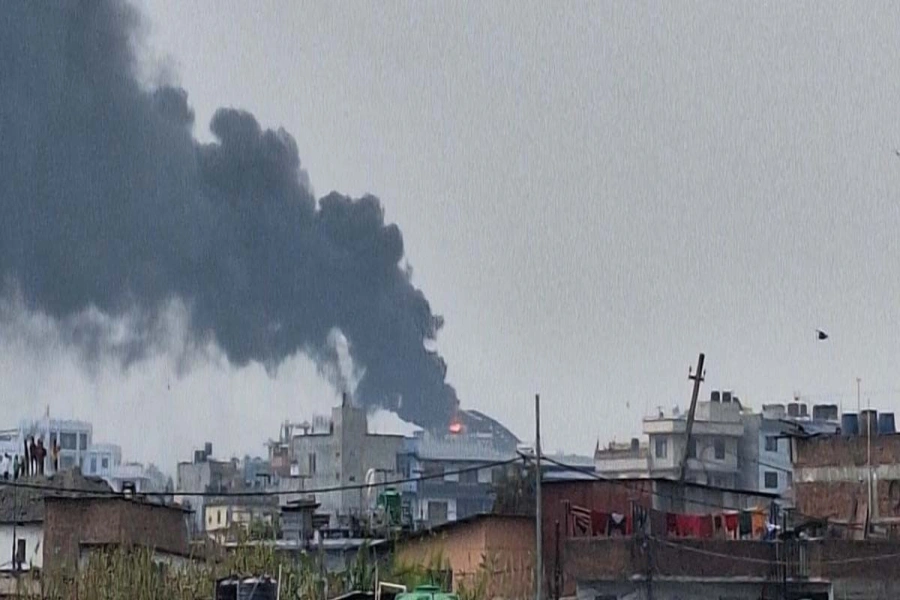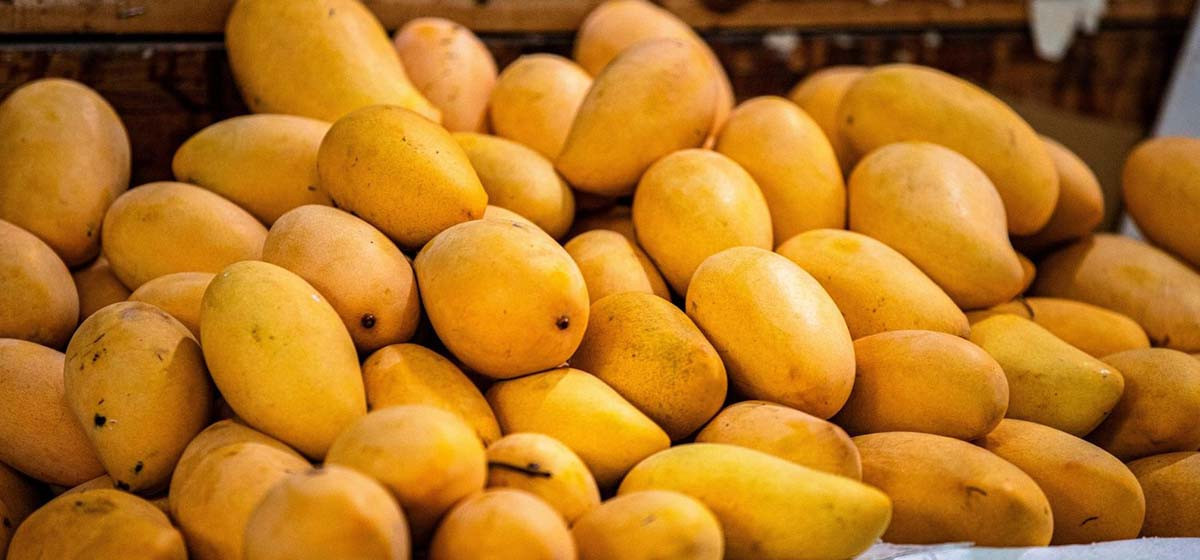“We have seen a flood of mangoes in the Nepal market far ahead of the normal mango season that begins only after July. So, there could be massive use of hazardous chemicals to ripen prematurely harvested mangoes,” Dr Hari Dahal, spokesperson of the Ministry of Agriculture and Co-operatives (MoAC), told myrepublica.com on Wednesday.
“We are mobilizing our central and district level offices to keep a close watch on the use of chemicals in mangoes and increase awareness about the effect of the fatal chemical on human health through consumption of the toxic fruit,” Dahal said.
The government has appointed District Agriculture Development Officers (DADO) as food commissioners with the duty of monitoring the quality of food items sold in district markets.
The Department of Food Technology and Quality Control (DoFTQC) under MoAC is the central authority with responsibility for monitoring the market, conducting tests on food commodities and taking action against those found involved in producing and selling inedible food items. One kg of calcium carbide is used to ripen 200 kg of mangoes.
Dahal said calcium carbide, also used in iron welding, contains arsenic and phosphorous which in turn produce acetylene gas that affects the neurological system.
Experts said consumers of the adulterated mangoes will suffer from headache, dizziness, mood disturbance, sleepiness, mental confusion and memory loss.
“Excessive use of calcium carbide to ripen mangoes is toxic and the consumers will show major symptoms like vomiting, diarrhea, abdominal pain, thirst and weakness,” said Dahal.
Most of the mangoes currently available in the market are imported from India as the mango harvest has not yet begun in Nepal.
“We urge mango traders not to use the harmful chemical, which has already been banned in our country, to ripen fruits,” added Dahal.
DFTQC urges people not to use calcium carbide to ripen fruits






-1200x560-1772467693.webp)





























